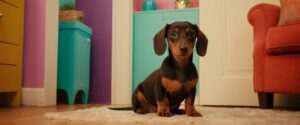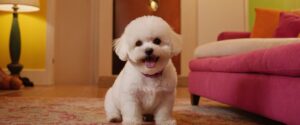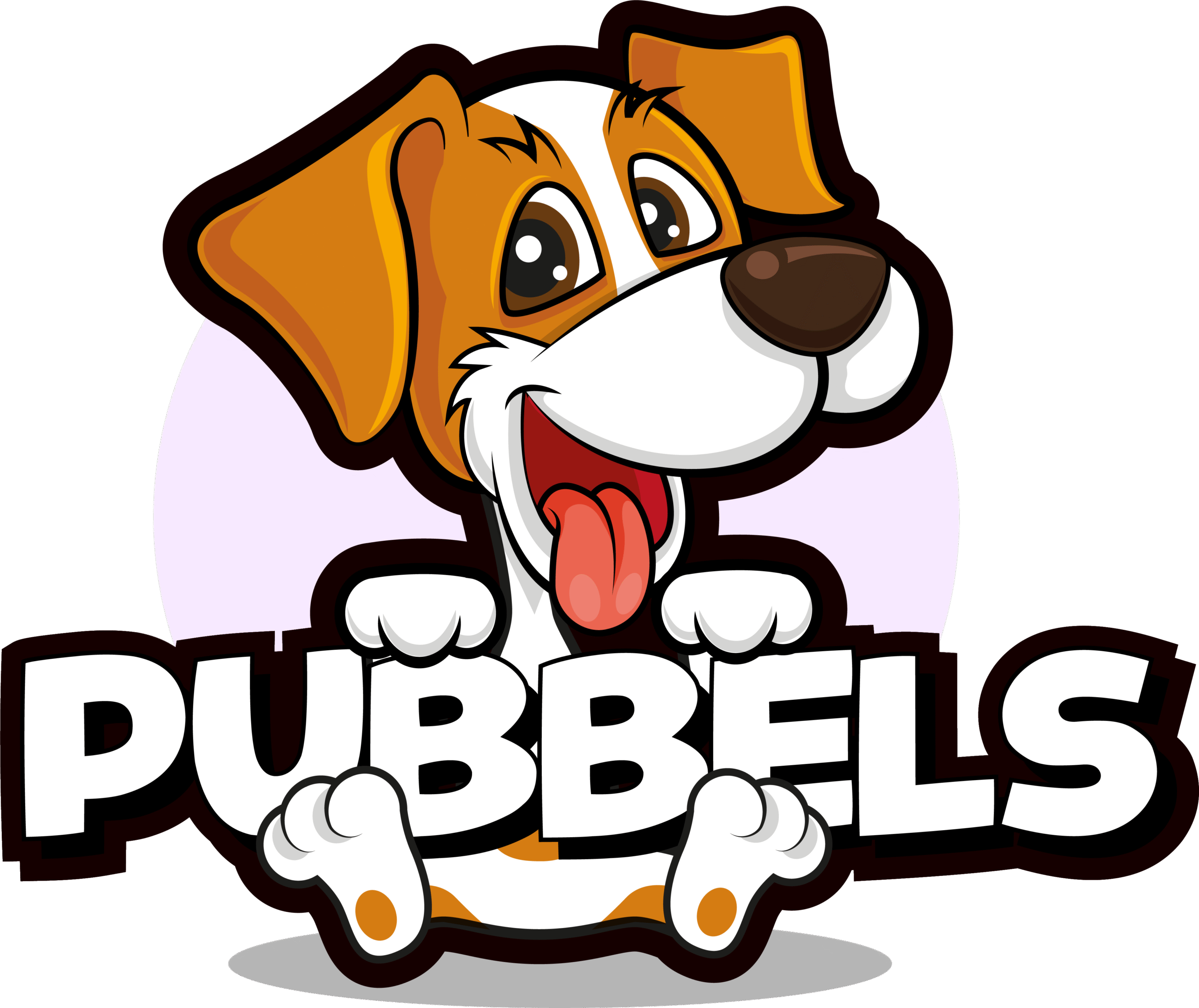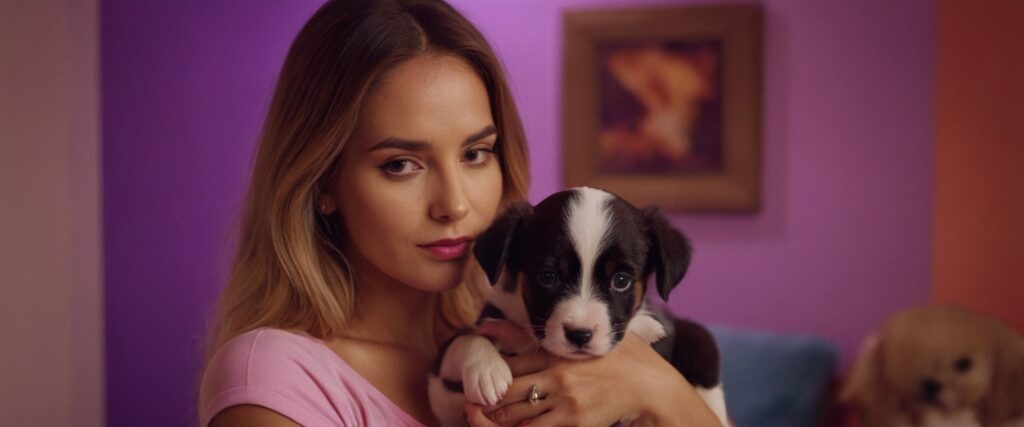Find the Top 10 Small Dog Breeds for Apartment Living in India about their temperament, grooming, and suitability for apartment living in this article.
Why Small Dogs Are Perfect for Apartment Living
Just because you live in an apartment, it’s no excuse for not having a dog. In fact, there are many small breeds of dogs that thrive in apartments due to their size, flexibility, and average exercise requirements.
But all apartment dogs are small dogs. There are certain breeds that are likely to bark excessively, develop separation anxiety, or get hyper-strung, which are issues in a small environment.
This article takes into account the top 10 small dog breeds for apartment living, selected on the grounds of:
- Size & flexibility
- Barking frequency
- Exercise need
- Behavior around other neighbors & animals
- Grooming facility & trainability
Let’s start and find out which dog breed can be your ideal apartment friend.
1. French Bulldog

French Bulldogs, or “Frenchies,” are perhaps the globe’s most well-known apartment dogs.
Why they’re ideal for apartments:
- Quiet and does not bark too frequently (ideal for neighbors).Little strong dog — typically under 28 lbs.
Low exercise requirements; brief walks are all they need.
People-pleaser and cuddlier.
Care Tips:
- Care on warm weather days; Frenchies can overheat because they have a brachycephalic (short-nosed) face.
- Washing of the face folds daily is essential.
- Suitable for owners spending most of their time at home, since they are company lovers.
2. Cavalier King Charles Spaniel

Cavalier King Charles Spaniel is Sweet, easy-going, and gentle, and lap dogs go to paw.
Apartment Benefits:
- Tend to weigh 13–18 lbs — ideal apartment size.
- Require short walks and in-house playtime only.
- Rarely aggressive and always patient with children and other animals.
Care Tips:
- Brush their silky coat 3–4 times weekly.
- Regularly clean their ears to avoid infection.
- They require people’s companionship, so they’re not suitable for weeknight owners.
3. Pug

Friendly clowns in small packages pack large personalities.
Why Pugs prefer apartments:
- Low exercise requirements.
- Small (14–18 lbs).
- Like sprawling on the couch and cuddling.
- Not finicky barkers for some smaller breeds.
Care Tips:
- Prone to obesity — monitor calorie intake.
- Acclimate to the cool in the heat.
- Clean wrinkles of the face.
4. Shih-Tzu

Shih-Tzus were originally bred as companion dogs and are great apartment dogs.
Apartment-Friendly Traits:
- Small (9–16 lbs) and easy going.
- Happy with short daily walks.
- Generally quiet and well-behaved at home.
- Family-friendly and affectionate.
Care Tips:
- Daily brushing or regular professional grooming is required.
- Eyes are delicate from the potential for eye disease due to short muzzle.
- Heat sensitive — house in hot weather.
5. Dachshund

The “wiener dog” is short in stature but big in personality.
Why Dachshunds are so fond of apartments:
- Small (11–32 lbs depending on type).
- Affectionate and attentive.
- Happy with the every now and then short walks and in-home training.
Care Tips:
- Don’t let them on the couch — will develop back problems.
- Will bark unless early trained.
- Brush daily based on coat type (smooth, wire, or long-haired).
6. Maltese

Dainty, lovable, Maltese makes a great lap dog for apartment dwellers.
Apartment Benefits:
- Extremely small (4–7 lbs).
- Low exercise requirements.
- Sweet, loving nature.
- Sheds hardly at all, making them hypoallergenic
Care Tips:
- Needs to be brushed daily or “puppy cut” in order to have a healthy coat.
- Susceptible to dental issues — needs to be toothbrushed daily.
- Needs to be socialized to avoid separation anxiety.
7. Boston Terrier

They’re known as the “American Gentleman,” but don’t be fooled. Boston Terriers are low-maintenance, versatile, and loving dogs.
Apartment-Friendly Traits:
- Small (12–25 lbs).
- Quiet compared to most small breeds.
- Easy to train and strongly owner-bonded.
- Low grooming requirements.
Care Tips:
- A short face predisposes to breathing problems.
- Don’t get along in heat.
- Short, regular walks are adequate.
8. Chihuahua

The smallest dog in the world — brave, devoted, and highly portable.
Why Chihuahuas are great for apartments:
- Tip just 2–6 lbs.
- Keep all their exercise indoors.
- Are owner attached?
Care Tips:
- Be yappy — train them early.
- Bones are fragile — rough play must be done gently.
- Needs sweaters or jackets when cold.
9. Bichon Frise

Friendly, playful, and hypoallergenic, the Bichon is a top apartment seller.
Apartment Benefits:
- Small (12–18 lbs).
- Flexible and content indoors.
- Fine with kids and other animals.
- Low shedding.
Care Tips:
- Needs to be professionally groomed every 4–6 weeks.
- Prone to tear stains — clean around eyes often.
- Moderate energy; likes to play indoors.
10. Yorkshire Terrier

The Yorkie is small, stylish, and full of spunk.
Why Yorkies suit apartments:
- Small size (4–7 lbs).
- Light and easy to acclimate.
- Very loyal and attached to owners.
- Needs only moderate exercise.
Care Tips:
- Must be brushed or groomed every day.
- Susceptible to dental issues — brush teeth daily.
- Barky — needs training.
Comparison of Best Small Dog Breeds for Apartment Living

| Breed | Weight | Energy Level | Barking Tendency | Grooming Needs | Good for Families? |
|---|---|---|---|---|---|
| French Bulldog | 16–28 lbs | Low | Low | Low | Yes |
| Cavalier King Charles | 13–18 lbs | Medium | Low | Medium | Yes |
| Pug | 14–18 lbs | Low | Low | Medium | Yes |
| Shih-Tzu | 9–16 lbs | Low | Low | High | Yes |
| Dachshund | 11–32 lbs | Medium | High | Medium | Yes |
| Maltese | 4–7 lbs | Low | Low | High | Yes |
| Boston Terrier | 12–25 lbs | Medium | Low | Low | Yes |
| Chihuahua | 2–6 lbs | Medium | High | Low | No (not with young kids) |
| Bichon Frise | 12–18 lbs | Medium | Low | High | Yes |
| Yorkshire Terrier | 4–7 lbs | Medium | High | High | Yes |
FAQs
1. What is the least barking small apartment dog?
French Bulldogs and Cavaliers are not barky dogs.
2. What is the top first-time small dog?
Shih-Tzus and Boston Terriers are easy to train and low-maintenance.
3. Do small dogs bark more?
Some (such as Chihuahuas and Dachshunds) do, but can be trained out of it.
4. What are the small hypoallergenic dogs?
Maltese, Bichon Frise, and Yorkies are the answer.
5. Do small dogs require daily walking?
Yes, but indoor play and minimal exercise are usually all they need.
6. What is the friendliest little dog?
Cavaliers and Pugs are internationally renowned fussy coddling lap dogs.
7. Are small dogs suitable for children?
Yes, but fragile breeds such as Chihuahuas are not perhaps suitable for toddlers.
8. Will small dogs manage in flats without human interaction?
They can, but some breeds (such as Maltese) suffer from separation anxiety.
9. Do small dogs shed less?
Not all of them, though, Maltese and Bichons shed heaps, heaps less.
10. What’s the best apartment dog?
The French Bulldog is never anything but #1 for city living.
Ready to find your apartment companion?
Do you want a quiet lap dog? Try Cavalier King Charles or Shih-Tzu.
Need a goofy, clown-like dog? Your BFF can be the Boston Terrier or the Pug.
Your allergics will love the Yorkie, Maltese, or Bichon as the best hypoallergenic pick.
Want to take your apartment’s new BFF home?
Head down to your local rescues or trustworthy breeders to come meet these little adorbs in person — your new dream dog could just be around the corner.
Author – Navdeep Kr., a passionate dog lover and proud pet parent who has completely changed my life. Over the years, I’ve learned so much about the ups and downs of caring for dogs — from their first bath to their silliest grooming moments.
I am not a professional; I’m just a normal pet owner who would want all dogs to be sweet, gentle, and loved too much. I do write what truly happened to me, what worked for me, and even the small errors that I learned the hard way in my blog posts.
When I’m not writing or working, you’ll probably find me exploring pet-friendly cafés, playing fetch at the park, or simply cuddling with my furry buddy after a long day. My goal is simple — to help other dog parents feel more confident and connected with their pets every single day.
Explore more related articles:

